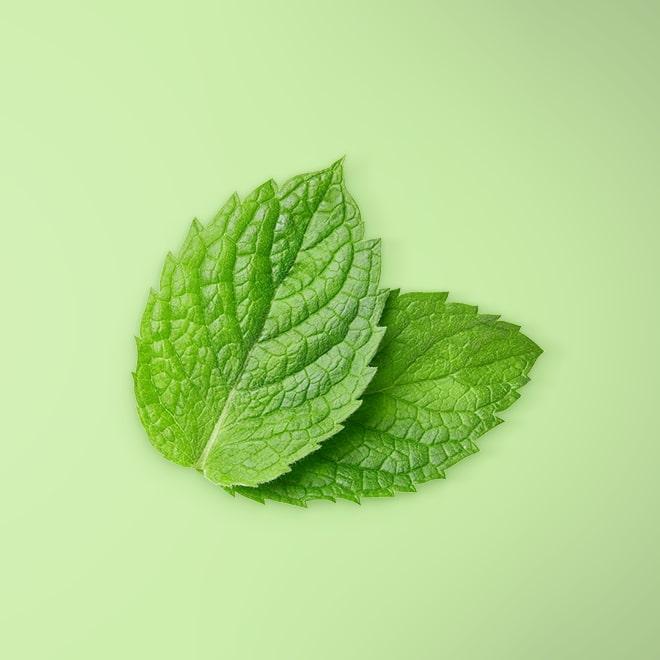Mint




Mint has been used for centuries in cooking and medicine. The plant originated in the Mediterranean and has 25-30 varieties, all of which contain the oil menthol that gives mint its signature cooling properties.
You’ll find mint with dark green, gray-green, purple, blue, and sometimes pale yellow leaves. Some mints are considered invasive because they will spread quickly if left unchecked.
Though mint can be purchased either dried or fresh, the oils are most potent in the fresh form. Choose leaves that are bright green and sturdy, rather than brownish and wilted.
Store fresh mint wrapped loosely in a damp paper towel in the crisper of your refrigerator inside a plastic bag. It will last for 4-7 days.
Make a cup of fresh mint tea to soothe an upset stomach.
Combine freshly dried mint leaves with epsom salt and peppermint oil for a soothing bath salt. Keep it for yourself or fill it in a mason jar for a lovely homemade gift.
Mint has pain relief properties, when menthol triggors an analgesic effect happens in your peripheral neurons,, which is why some numbing creams have menthol in them.
If you use minty lip balm, you feel a coldness even though it’s room temperature. This is thanks to menthol again, which activates your sensory nerves to feel coldness.
Add a pinch of fresh chopped mint to fruit salad to brighten the overall flavor.
Take care when muddling mint for cocktails, as over-muddling turns the mint bitter.
As with other fresh soft-leaf herbs, add mint at the very last moment of cooking to maximize the flavor and freshness.
Infuse plain water with mint and lemon for a calorie-free refresher.
Add a handful of mint into your next batch of pesto to make the flavors brighter.
Mint is a good source of copper, vitamin C, manganese, which is essential for producing collagen for your skin and promoting bone density.
Peppermint oil is an excellent remedy for stomach troubles from IBS to indigestion. It’s also proven to have antimicrobial properties.
Mint activates salivary glands which promotes healthy digestion.
Mint's essential oil combats nausea and headaches when applied topically.
Corrections or improvements? Email us at
content@sidechef.com